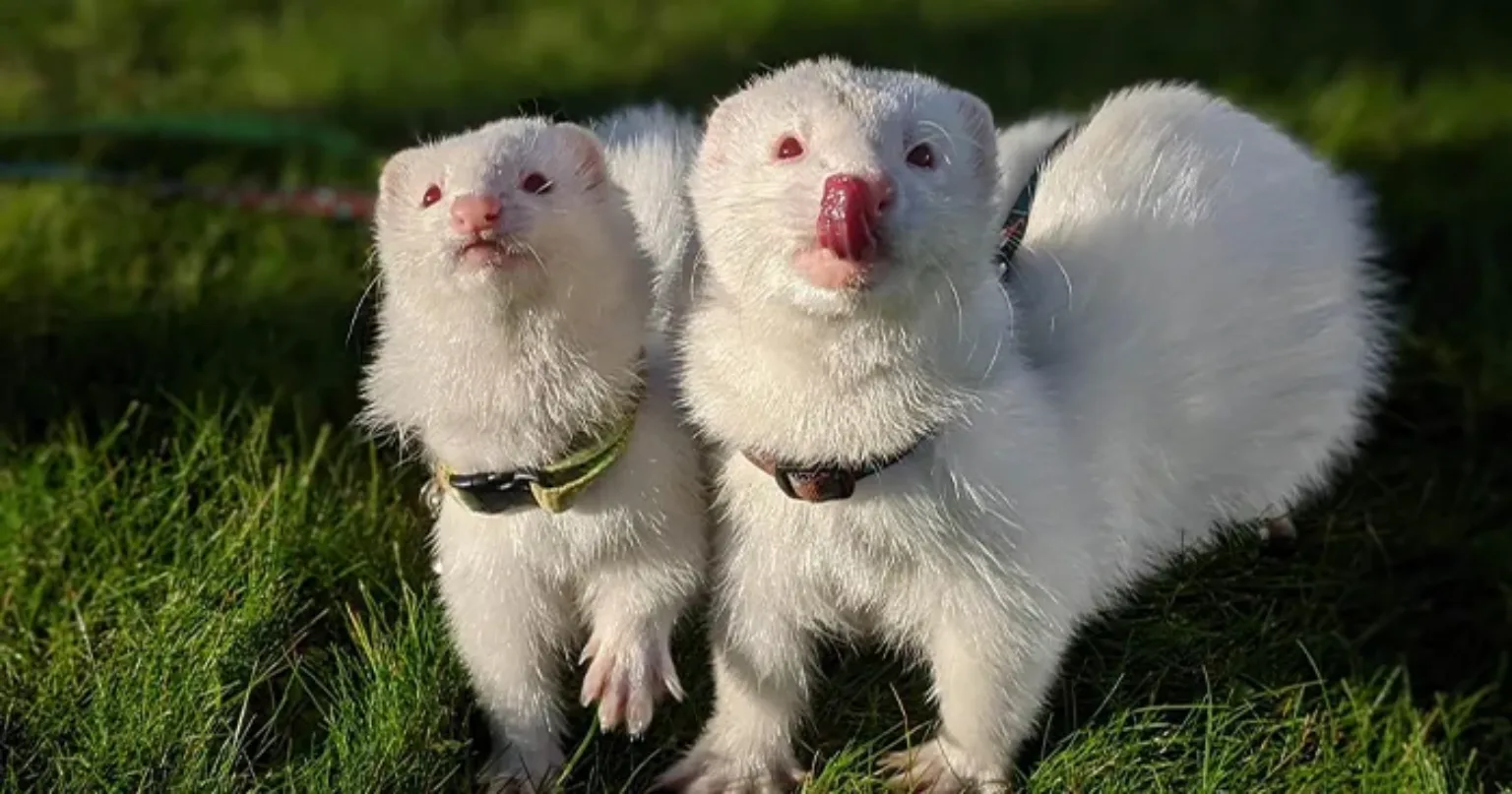When it comes to pets, we've all got questions
Ever feel like your pet is from another planet?

Looking after your ferrets’ teeth will ensure they live happy and healthy lives without any problems. Here we look at what you can do to help.
Ferrets can be prone to dental decay, particularly if they’re fed a soft meat diet. Feeding your ferrets a good quality complete dry ferret food offers the abrasion to help reduce the build-up of plaque by shifting it off the teeth. This in turn can reduce the risk of your ferret getting dental disease.
It’s important to always keep an eye on your ferrets’ teeth from the age of three onwards and monitor any changes or signs of problems.
Look out for the following, it could be a sign of certain dental problems:
When you book your ferrets in with a vet for their yearly vaccinations, they will also do a thorough health check, including their teeth. Spotting signs of dental disease early on is easier to treat. Ferrets will sometimes require one or two dental procedures throughout their lifetime, but it helps keep them happy and healthy.
If you haven’t found what you’re looking for when it comes to your ferrets, see our article on ferrets’ health and what to look out for. For more information or anything else ferret related, don’t hesitate to contact us.